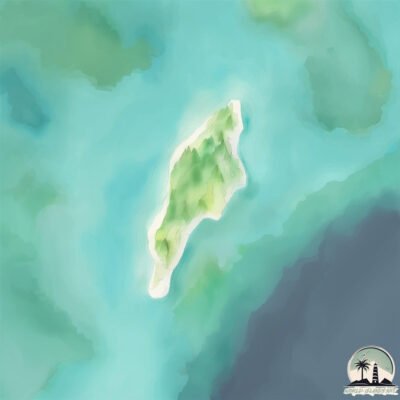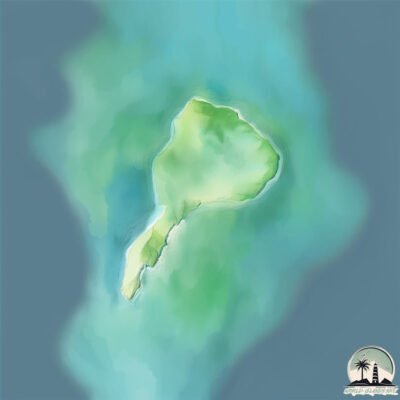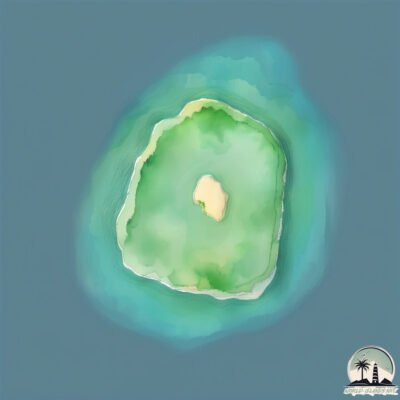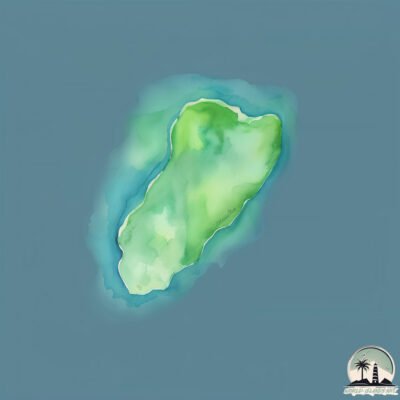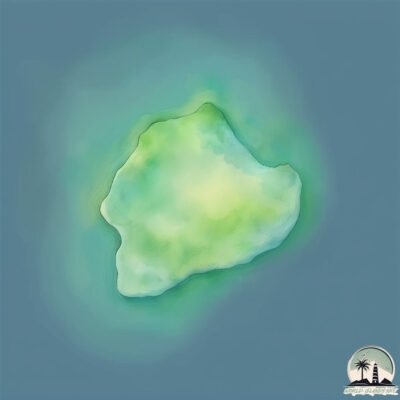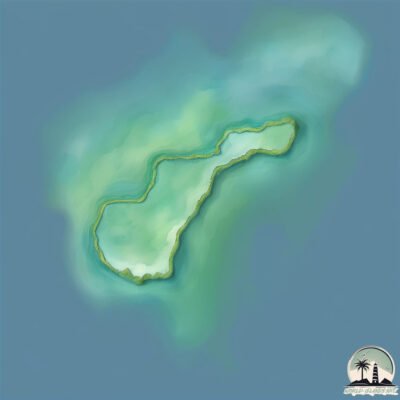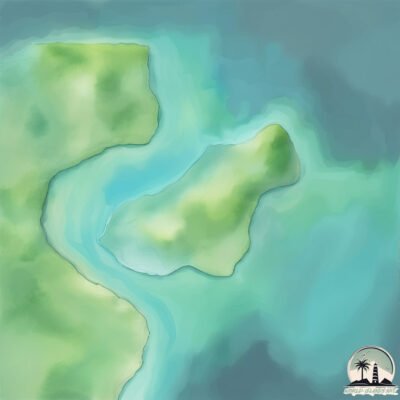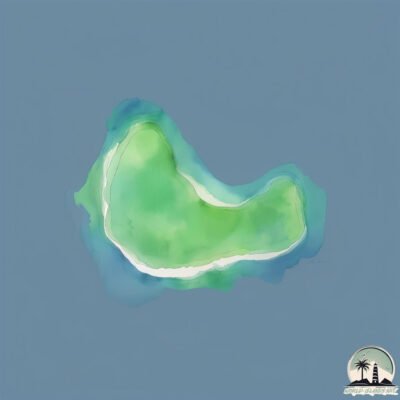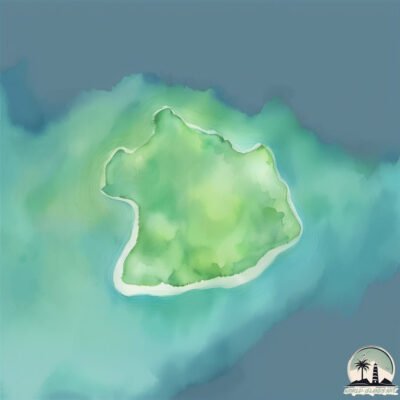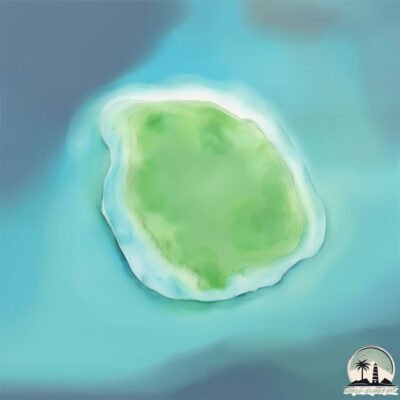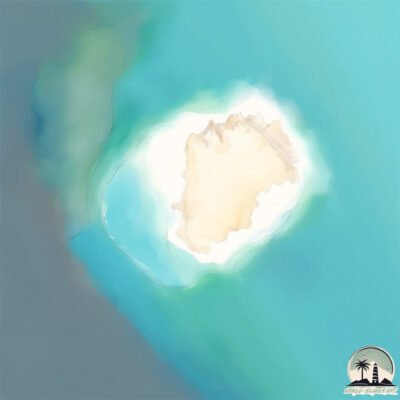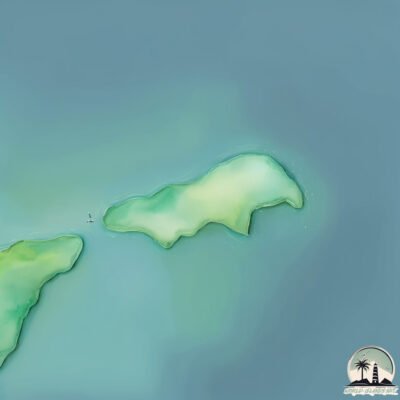The islands of Indonesia
The islands of Indonesia: A Kaleidoscope of Islands
Indonesia, the world’s largest archipelagic state, is a sprawling canvas of over 17,000 islands, each offering a unique blend of natural wonders, diverse cultures, and rich historical tapestries. Stretching along the equator between the Indian and Pacific Oceans, this vast nation showcases an unparalleled variety of island experiences.
I. Diverse Landscapes
The Indonesian archipelago boasts a range of landscapes, from the volcanic peaks of Java and Bali to the rainforests of Sumatra and Borneo, and the pristine beaches of the Maluku and Nusa Tenggara islands. This geographical diversity leads to a rich array of ecosystems and wildlife, including rare species like the Komodo dragon and the orangutan.
II. Cultural Melting Pot
Indonesia’s islands are a melting pot of cultures and ethnicities, each with its own languages, customs, and traditions. The cultural landscape is as varied as its geography, from the Hindu-Buddhist influences in Bali to the animistic traditions in Sulawesi and Papua. The nation’s history of trade, colonialism, and migration has woven a complex cultural tapestry.
III. Economic and Social Significance
The islands play a crucial role in Indonesia’s economy, with Java as the political and economic heart, Bali as a global tourism destination, and Sumatra and Kalimantan as resource-rich regions. However, the archipelago also faces challenges of development, environmental sustainability, and maintaining cultural integrity amidst globalization.




